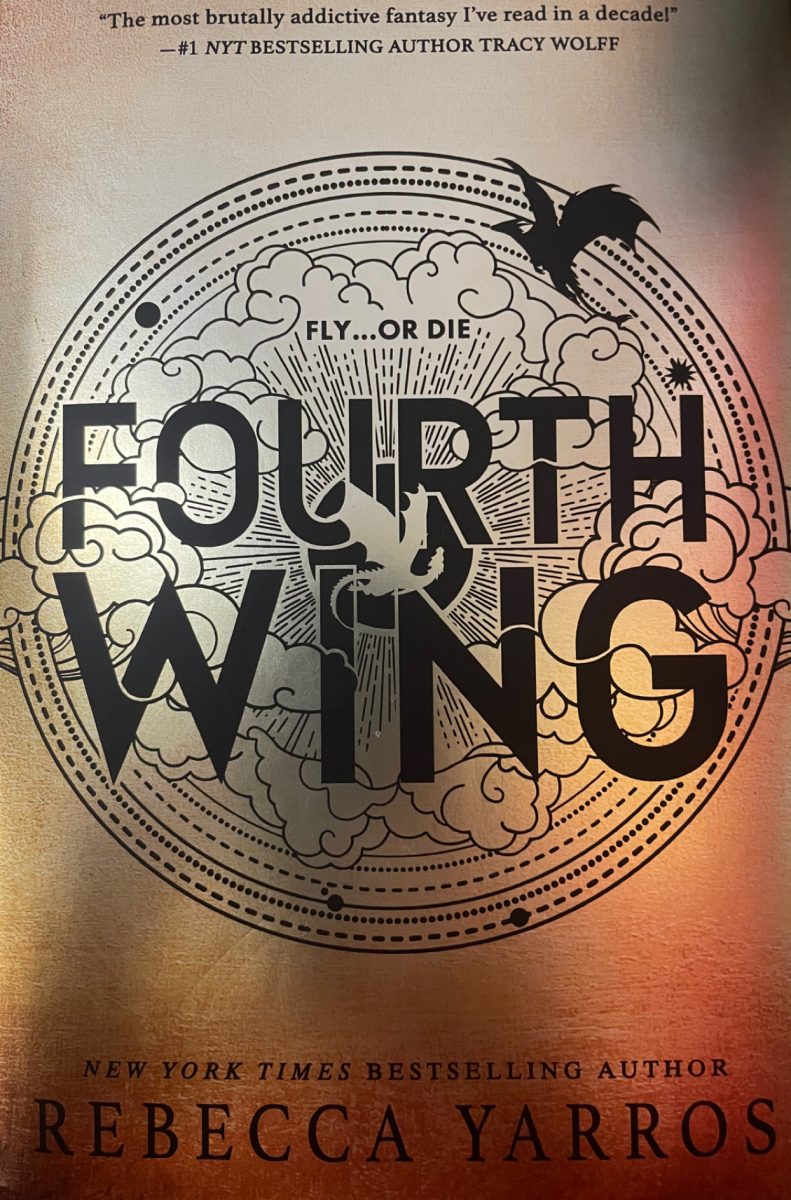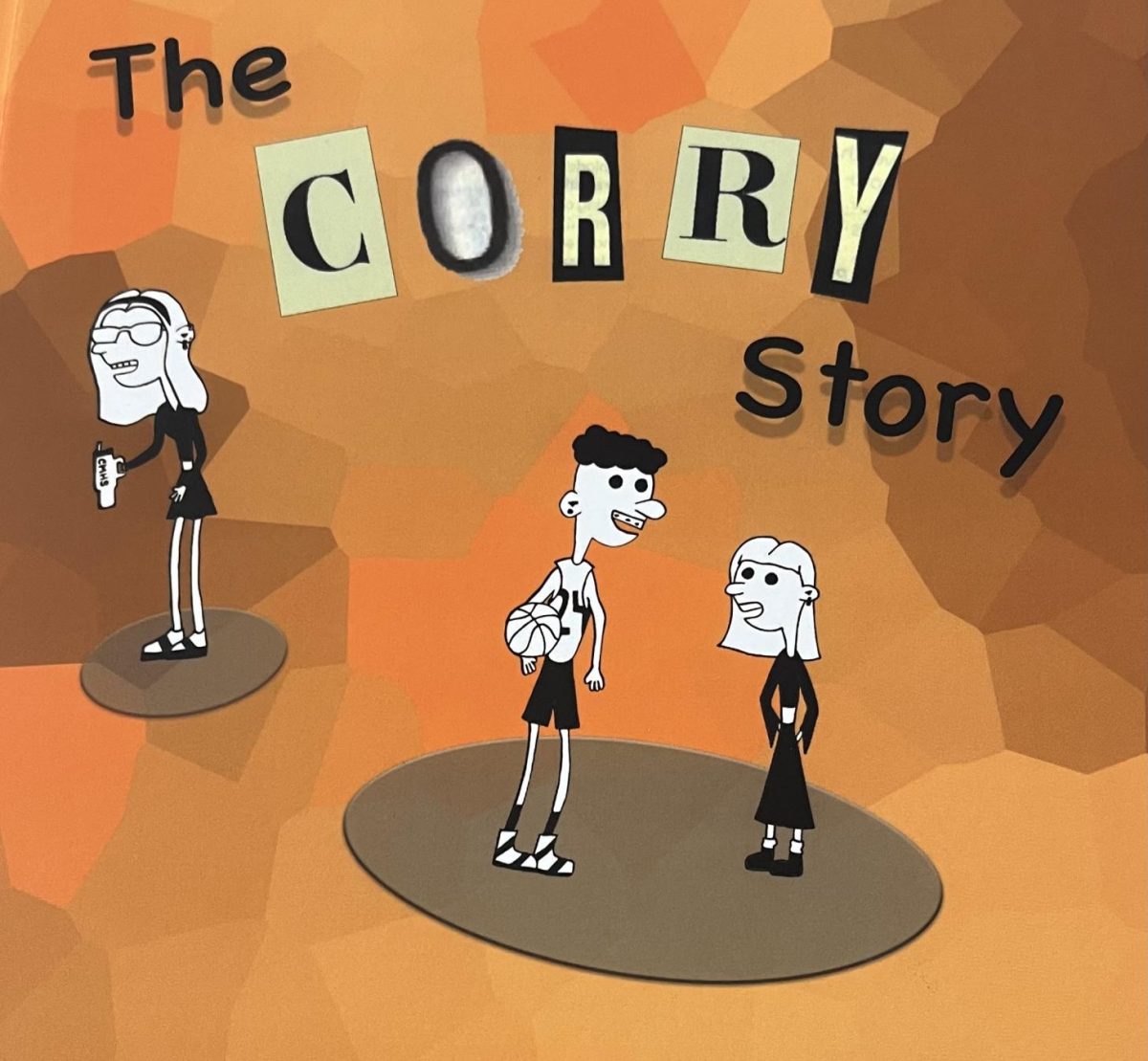When watching the film “Lolita” I felt disturbed, abhorred to the point where the interest in writing an analysis on the story really intrigued me. To give a brief summary for those who haven’t heard of “Lolita,” it was originally a novel that later received two movie adaptations. The story follows a young girl, Dolores Haze, who’s left in the care of literature professor Humbert Humbert, after her mother, Charlotte, passes. Humbert had been staying and living with the Haze family prior to the mother’s death, growing an inappropriate attraction to the young girl Dolores, who he called “Lolita.” After breaking the mournful news of losing her only parent, they take a westward journey across America, Humbert now posing as her “father” continuing a sexually abusive relationship with Dolores.
The story of “Lolita” that originally was written by author Vladimir Nabokov in 1955, was immediately controversial due to the disturbing content that filled the pages. Nabokov struggled to find a publisher because of the extreme pedophilia, big companies claiming they would be jailed or fined if it was published.
What makes “Lolita” an even more deranged story is the point of view. Humbert Humbert is the narrator, passing off him and Dolores’s relationship as “normal” to the audience in a manipulative manner. Since the book and film are under his point of view, nobody is certain of what to think because he is an unreliable narrator, having an ever-so-clearly psychotic and delusional mind. The story being told from his eyes gives a pedophilic relationship being romanticized. Making it seem as if Dolores, who’s only a prepubescent girl, is consenting to these horrible acts of assault.
Dolores might be one of the most doomed characters in literature history. It was clear from the beginning that she did not have the greatest relationship with her mother, seeming like their relationship was jaded by jealousy. Charlotte wanted to send away Dolores because she saw her as nothing more than an annoyance, but also because she felt that she was fighting for Humbert’s attention.
Even when Charlotte found out Humbert’s true intentions with her daughter, she said the line, “You’ll never see that miserable brat ever again.” This is an absurd reaction to her own daughter being groomed by her then husband. Dolores was placed in the care of that abuser. Being treated like a child but acted upon as an adult. She would later then escape that disturbed relationship, only to end up in the grasp of another pedophile, Clare Quilty.
Dolores never being able to escape this life of never-ending abuse is tragic. After leaving her final abuser Clare, she ends up in a shack, pregnant at 17, and married. Humbert hadn’t seen her for three years, searching frantically for her after the runaway with Clare. Dolores writes to him, saying that she is struggling financially, and would greatly appreciate any sliver of money. During his visit he begs Dolores to come and live with him, die with him. She declines, and before he leaves he breathes “Can you ever forget what I’ve done to you?” She never responds to his question, only speaking to the dog sitting at her feet, “Say goodbye Molly, say goodbye to my dad.” Dolores calling Humbert dad is more forgiveness than this man would ever deserve.
At the end of the 1992 film specifically, it is revealed that Dolores dies at 17 during childbirth, though it is arguable that she died internally a long time ago after being subjected to horrors no innocent ever deserves to experience. I loath “Lolita” and the base concept of torture someone isn’t powerful enough to fight, only for the narrator to extol it in the end.




















